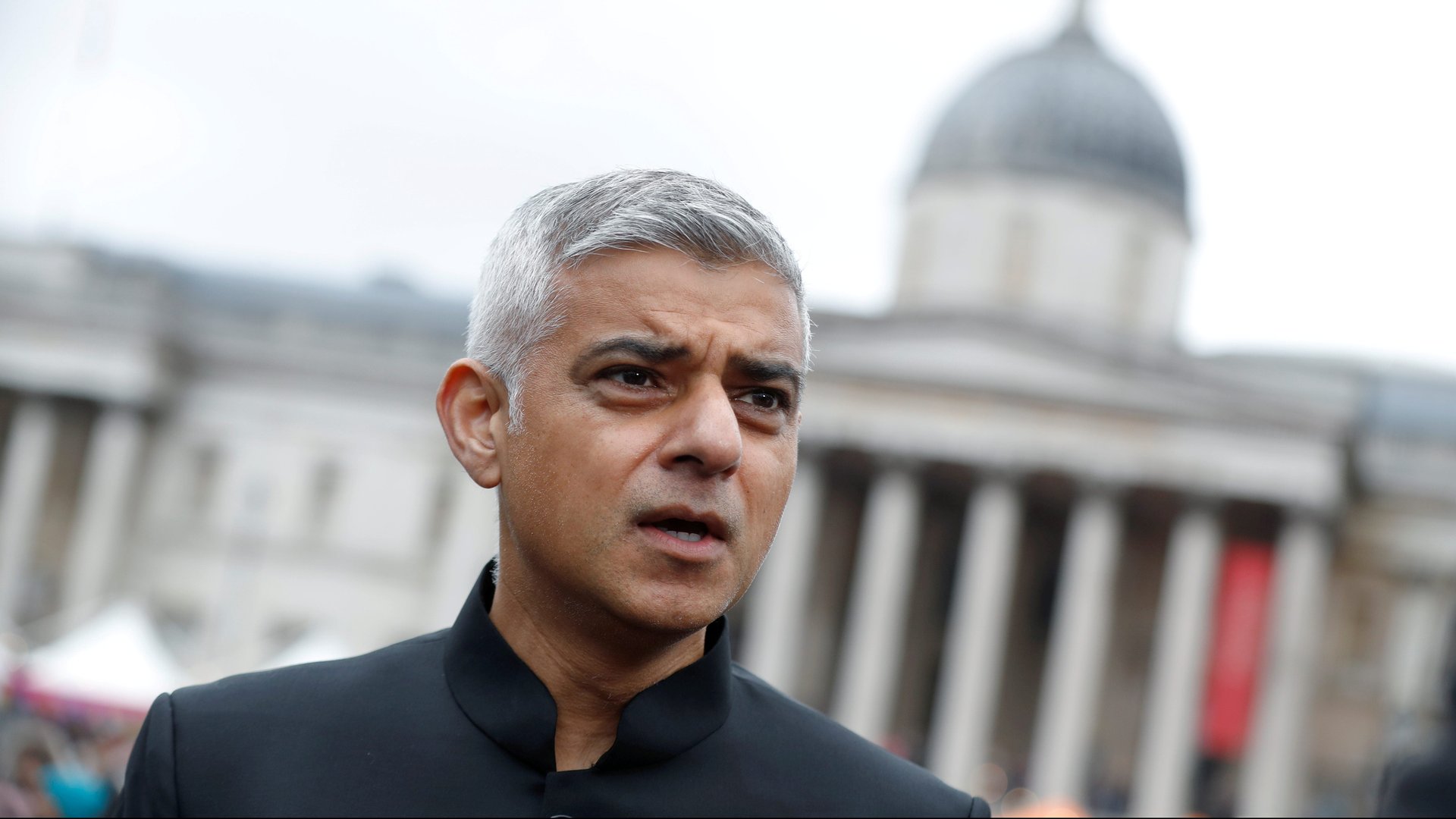Uber loses its license to operate in London, again
Uber is without a license in London, again.


Uber is without a license in London, again.
In a surprising decision, local taxi regulator Transport for London (TfL) announced this morning that it would not extend Uber’s license beyond midnight. Uber has 21 days to appeal the decision.
London is one of Uber’s most important cities. Uber said in its IPO filing earlier this year that London was one of five cities that accounted for 24% of its global ride-hail bookings in 2018. Uber warned in the same filing that “any inability to operate in London, as well as the publicity concerning any such termination or non-renewal, would adversely affect our business, revenue, and operating results.”
TfL said in a press release that Uber’s “pattern of regulatory breaches” made it unfit to operate in London. The office said it had identified an issue that allowed unauthorized drivers to upload photos to other Uber drivers’ accounts and pick up passengers as though they were that driver. This resulted in approximately 14,000 uninsured trips, and helped at least one driver who had their license revoked by TfL gain access to Uber’s platform.
“It is unacceptable that Uber has allowed passengers to get into minicabs with drivers who are potentially unlicensed and uninsured,” Helen Chapman, TfL’s director of licensing, regulation, and charging said in a statement. “It is clearly concerning that these issues arose, but it is also concerning that we cannot be confident that similar issues won’t happen again in future.” London mayor Sadiq Khan said in a statement posted to Twitter that he supported TfL’s decision.
Uber regional general manager Jamie Heywood called the decision “extraordinary and wrong” and said the company would appeal. Uber can continue service normally during the appeals process. Uber’s New York-listed shares fell more than 5% in premarket trading after the London decision was announced.
This is the second time in two years that Uber will be license-less in London. TfL previously declined to renew Uber’s license in September 2017, citing public safety concerns and conduct that it said demonstrated “a lack of corporate responsibility.” Uber appealed and continued to operate during the six-month appeals process. In June 2018, a judge granted Uber a probationary 15-month license, rather than the five-year permit it sought.
The probationary license expired in September. Rather than renew Uber’s license, TfL granted the company a two-month extension and said it needed more information before making a decision on a longer license. Uber spent that time working to shore up its safety offerings. A week and a half ago, Uber launched several new features—crash detection, a discrimination reporting button, and a road safety partnership with AA—designed to enhance the safety of its platform.
Uber said it has 3.5 million riders and 45,000 licensed drivers in London. Its failure to procure a new license comes as competition in London’s ride-hail market has intensified.
European rival Bolt, formerly known as Taxify, launched in London in June. (TfL previously shut down Taxify for operating without the appropriate license.) Since June, Bolt has aggressively courted riders with discounted fares and recruited drivers with commissions it says are lower than its rivals. A month earlier, French ride-hail app Kapten, which is backed by Daimler and BMW, entered London with ads that called out Uber for not paying local sales tax. India ride-hail giant Ola also received a license to operate in London over the summer. Ola is Uber’s top competitor in India and could prove a formidable rival in the UK.
Uber’s problems in London aren’t limited to its license. The employment status of its UK drivers remains unresolved, after a series of court rulings deemed them “workers,” a third category of employment that exists in the UK with rights between those of an independent contractor and a regular employee. Uber appealed the latest decision, to the UK Supreme Court in December last year, and that case is expected to move forward next year.
The company could also be on the hook for a big tax bill if it is classified by the UK tax authority as a transportation provider rather than a technology platform (as Uber likes to say). That would shift responsibility for paying a 20% VAT on rides and other services to Uber, instead of the individual drivers whose tax liabilities are much lower. One estimate puts Uber’s unpaid VAT bill in that scenario at over £1 billion ($1.3 billion).